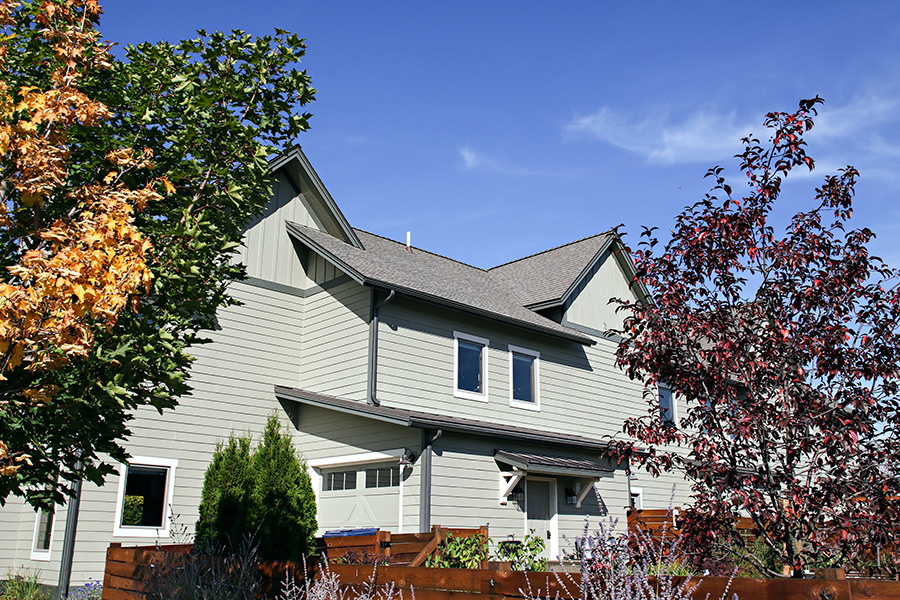While Whitefish is abuzz with construction, local officials are worried the people who work at those new developments will not be able to afford to live in the community.
The issue of affordable workforce housing was the subject of a summit hosted by Montana West Economic Development and the Whitefish Chamber of Commerce on Sept. 24. About 40 business and city leaders attended the morning meeting at Grouse Mountain Lodge.
Mayor John Muhlfeld opened with a story about how he moved to the valley in 1995 and worked minimum wage jobs just to ski in the winter. But doing that today is tougher, he said, as rental rates continue to rise in Whitefish at a faster rate than anywhere else in the valley.
“We’re slowly seeing the affordability gap widening here,” Muhlfeld said.
Robert Horne, Jr. of Applied Communications, LLC, a local community-planning firm, illustrated that widening gap in a presentation following Muhlfeld’s remarks. In it, Horne noted that the average home price in Whitefish is nearly twice that of a home in Flathead County as a whole. According to the data, in 2015 the average price of a home in Flathead County cost $235,500, whereas the average price of a home in Whitefish cost $410,795. The data also shows a significant spike in home prices in Kalispell and Columbia Falls between 2014 and 2015.
Whitefish also has some of the highest housing costs for renters. According to U.S. Census data, the average renter pays $812 a month in Whitefish, whereas the average renter in Kalispell pays $731. As a result of the higher prices, some of the people who work in Whitefish cannot afford to live there.
Horne also talked about his experience as a community planner in Jackson Hole, Wyo., which has faced similar issues in recent years. To address the lack of affordable housing, Jackson Hole has instituted linkage rules that require certain area businesses, especially ones in the service industry, to find ways to house their employees. Jackson Hole has also implemented inclusionary requirements that require home developers to set aside some housing for low-income renters or buyers.
According to City Manager Chuck Stearns, Whitefish has voluntary inclusionary zones where developers can earn certain density bonuses. Stearns said to make the inclusion zones mandatory in Whitefish, a complete housing needs assessment would be required. However, many people in attendance felt it was an option that should be explored.
At the conclusion of the meeting, Whitefish Chamber Executive Director Kevin Gartland said the city should work with the business community to create a position or committee to do further research the town’s housing issues.
“When we walk out of this room we need to have someone carry the torch on this issue,” he said.
